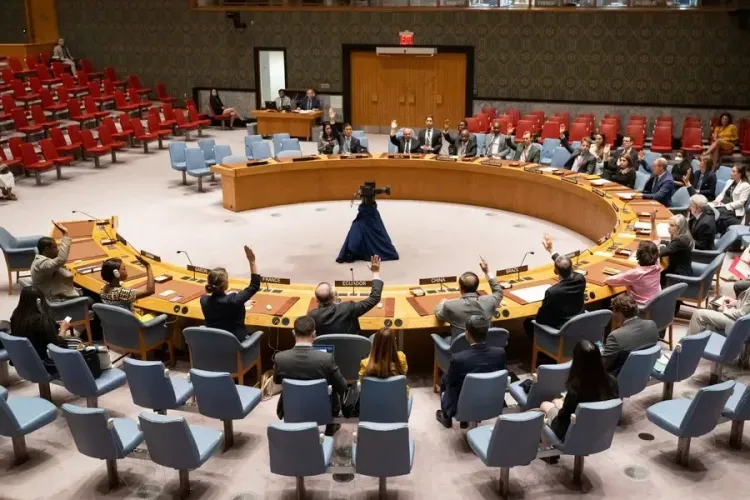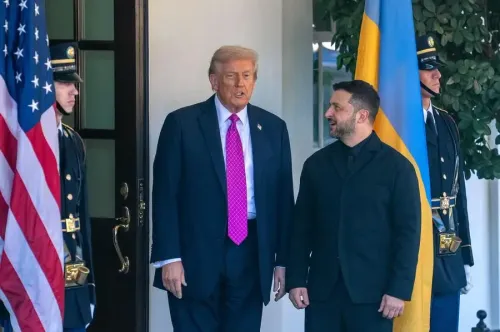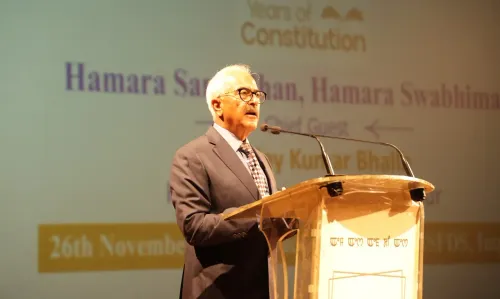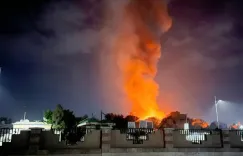What Resolutions Did the UN Security Council and General Assembly Adopt for Peacebuilding?

Synopsis
Key Takeaways
- UN Security Council and General Assembly adopted resolutions on peacebuilding.
- Resolutions focus on improving implementation and impact of peacebuilding.
- Investment in conflict prevention is emphasized as cost-effective.
- Member states hold primary responsibility for building peace.
- Annual 'peacebuilding week' will raise awareness in June.
United Nations, Nov 27 (NationPress) The Security Council alongside the General Assembly has officially adopted two resolutions concerning the 2025 assessment of the UN's peacebuilding framework.
On Wednesday, the Security Council unanimously passed Resolution 2805, while the General Assembly endorsed a nearly identical resolution without the need for a vote, as reported by Xinhua News Agency.
These resolutions emphasize that the 2025 review of the UN peacebuilding architecture is focused on improving the execution and effectiveness of UN peacebuilding initiatives at the field level.
Highlighting the interconnectedness of development, peace and security, and human rights, they acknowledge that investing in conflict prevention is a highly effective strategy that can save lives, stabilize economies, and diminish the reliance on expensive military interventions.
Both resolutions reaffirm that UN member nations hold the primary responsibility for preventing conflict and fostering peace, as well as addressing the underlying causes of violence and discord within their territories.
They urge the Peacebuilding Commission (PBC) to create a specific, predictable, and adaptable annual work program that reflects its country-specific, regional, and thematic priorities, acting as a support platform for member states to fortify their national peacebuilding and sustaining peace endeavors, including capacity-building.
The resolutions call for the PBC to enhance its influence through consistent follow-up, monitoring, and evaluation of its outcomes, alongside diversified engagement methods with relevant stakeholders.
Additionally, they ask the PBC to continually assess its operational methods to improve efficiency in fulfilling its mandates and amplifying its impact on peacebuilding and sustaining peace.
Member states are encouraged to bolster the capabilities of the Peacebuilding Support Office within existing resources or via voluntary contributions.
A dedicated annual 'peacebuilding week' is set to be initiated in June to heighten public consciousness regarding the UN's peacebuilding and sustaining peace initiatives.
This review marks the fourth since the establishment of the UN peacebuilding architecture in 2005, with the twin resolutions advocating for a more extensive assessment of UN peacebuilding by 2030.









